- Home
- Billionaires
- Investing Newsletters
- 193CC 1000
- Article Layout 2
- Article Layout 3
- Article Layout 4
- Article Layout 5
- Article Layout 6
- Article Layout 7
- Article Layout 8
- Article Layout 9
- Article Layout 10
- Article Layout 11
- Article Layout 12
- Article Layout 13
- Article Layout 14
- Article Sidebar
- Post Format
- pages
- Archive Layouts
- Post Gallery
- Post Video Background
- Post Review
- Sponsored Post
- Leadership
- Business
- Money
- Small Business
- Innovation
- Shop
Recent Posts
Trump Charged, Biden Cleared in Classified Documents Cases
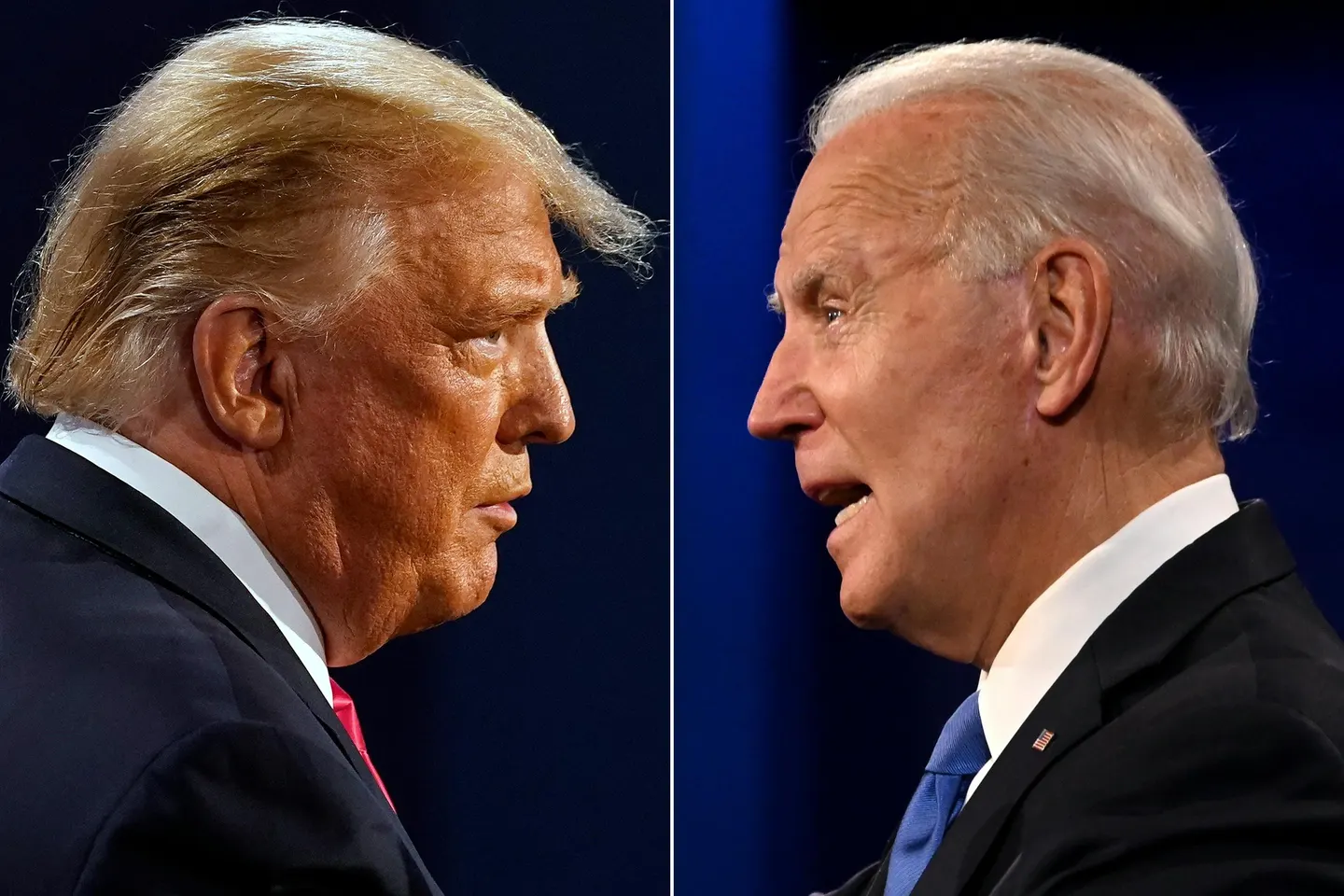
In a nation gripped by political tension and legal scrutiny, the differential treatment of former President Donald Trump and current President Joe Biden regarding the handling of classified documents has sparked a flurry of debate. Despite both being under scrutiny for their actions, it appears that only Trump will be facing charges, while Biden emerges unscathed. The decision, outlined in a report by Justice Department Special Counsel Robert Hur, has ignited controversy and raised questions about the intricacies of justice and political accountability.
The focal point of the investigation revolves around allegations of mishandling classified documents by both Trump and Biden. It is reported that Trump, during his tenure as president, allegedly defied subpoenas demanding the return of classified materials. On the other hand, Biden stands accused of willfully retaining classified documents after his presidency concluded. These accusations have cast a shadow over the integrity of both administrations and prompted a thorough investigation into their actions.
Special Counsel Robert Hur, tasked with examining the circumstances surrounding these allegations, has meticulously scrutinized the cases of both Trump and Biden. In his report, Hur delineates the disparities between the two scenarios, shedding light on the factors that influenced the decision not to pursue charges against Biden. Key among these distinctions are the nature of the alleged offenses and the evidence available to support the claims.
According to sources familiar with the matter, Hur’s report underscores the gravity of the accusations against Trump, emphasizing the severity of his alleged defiance of subpoenas and the potential implications for national security. Conversely, while Biden’s actions may have raised concerns about protocol and accountability, they are purportedly deemed less egregious in comparison. The report elucidates that Biden’s retention of classified documents lacked the overt defiance and disregard for legal obligations attributed to Trump’s actions.
Furthermore, Hur’s investigation delves into the legal nuances surrounding the handling of classified materials by former presidents. It is reported that Biden’s legal team presented arguments highlighting precedents and protocols governing the retention of documents by ex-presidents for the purpose of historical preservation. These arguments, coupled with the absence of conclusive evidence indicating malicious intent on Biden’s part, contributed to the decision not to pursue charges against him.
The differential treatment of Trump and Biden in the realm of classified documents has sparked a polarized response from the public and political commentators alike. Critics of the decision to spare Biden from charges decry what they perceive as a double standard in the application of justice, citing the need for consistency and accountability regardless of political affiliation. Conversely, supporters of Biden contend that the nuances of each case warrant a differentiated approach, arguing that the severity of Trump’s alleged transgressions necessitates a more robust response.
Amidst the contentious debate surrounding the handling of classified documents, legal experts caution against oversimplification and urge a nuanced understanding of the complexities at play. The intricacies of national security protocols, executive privilege, and the prerogatives of former presidents necessitate a judicious examination of each case on its own merits. While Trump may indeed face legal consequences for his actions, the decision not to pursue charges against Biden underscores the importance of a thorough and impartial investigation guided by the principles of justice and the rule of law.
As the nation grapples with the aftermath of these revelations, the debate surrounding the differential treatment of Trump and Biden continues to reverberate across the political landscape. With the specter of legal proceedings looming over one former president and the other emerging unscathed, the contours of justice and accountability in the highest echelons of power remain subjects of intense scrutiny and debate. Only time will tell the lasting implications of these developments on the fabric of American democracy and the pursuit of transparency and accountability in governance.
Recent Posts
Categories
- 193cc Digital Assets2
- 5G1
- Aerospace & Defense46
- AI37
- Arts3
- Banking & Insurance11
- Big Data3
- Billionaires446
- Boats & Planes1
- Business328
- Careers13
- Cars & Bikes76
- CEO Network1
- CFO Network17
- CHRO Network1
- CIO Network1
- Cloud10
- CMO Network18
- Commercial Real Estate7
- Consultant1
- Consumer Tech180
- CxO1
- Cybersecurity68
- Dining1
- Diversity, Equity & Inclusion4
- Education7
- Energy8
- Enterprise Tech29
- Events11
- Fintech1
- Food & Drink2
- Franchises1
- Freelance1
- Future Of Work2
- Games141
- GIG1
- Healthcare78
- Hollywood & Entertainment186
- Houses1
- Innovation42
- Investing2
- Investing Newsletters4
- Leadership65
- Lifestyle11
- Manufacturing1
- Markets20
- Media193
- Mobile phone1
- Money13
- Personal Finance2
- Policy567
- Real Estate1
- Research6
- Retail1
- Retirement1
- Small Business1
- SportsMoney33
- Style & Beauty1
- Success Income1
- Taxes2
- Travel10
- Uncategorized8
- Vices1
- Watches & Jewelry2
- world's billionaires415
Related Articles
Tim Walz Tops JD Vance in Favorability Ahead of Debate
As the political landscape heats up ahead of the upcoming vice presidential...
By 193cc Agency CouncilSeptember 26, 2024Harris vs. Trump: A Close Contest as Polls Indicate Narrow Leads
The upcoming election is shaping up to be a fierce battle between...
By 193cc Agency CouncilSeptember 26, 2024Musk Threatens Apple Device Ban Over OpenAI Integration
Elon Musk, known for his ventures such as Tesla, SpaceX, and OpenAI,...
By 193cc Agency CouncilJune 11, 2024Trump Hails NYPD’s Clearing of Columbia Encampment
Former President Donald Trump offered high praise for the New York Police...
By 193cc Agency CouncilMay 2, 2024





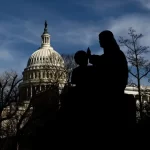





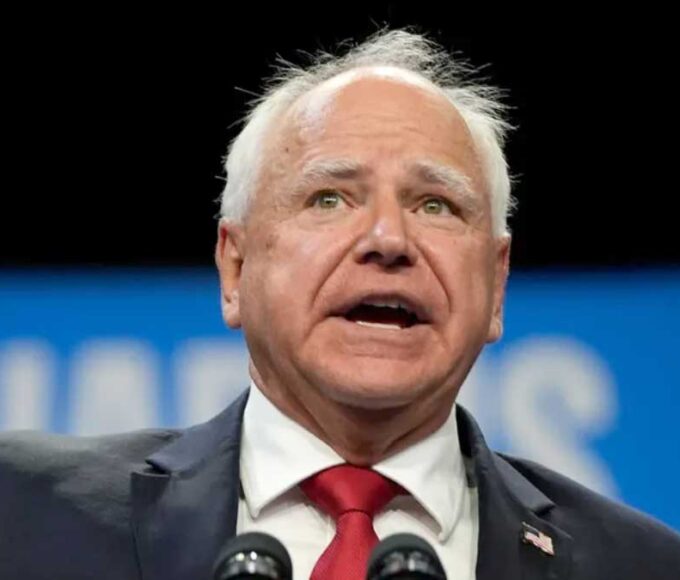
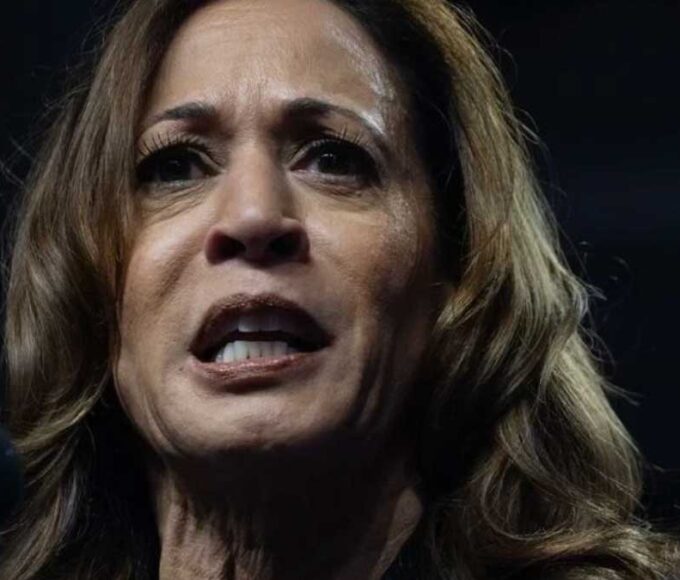

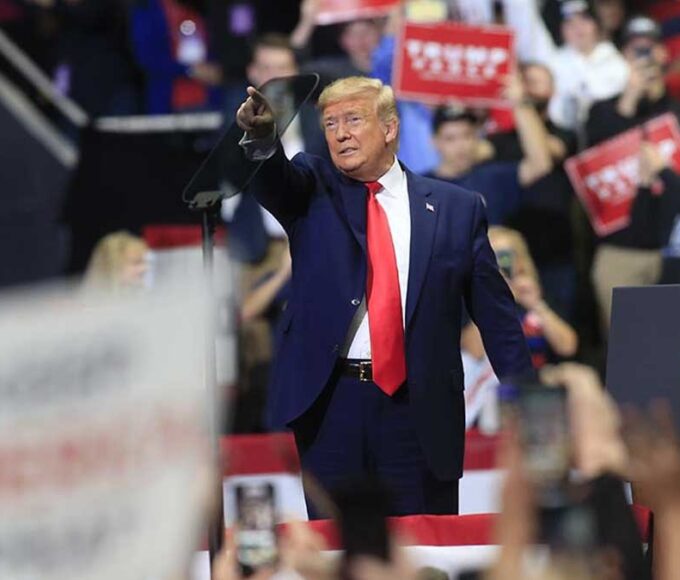
Leave a comment